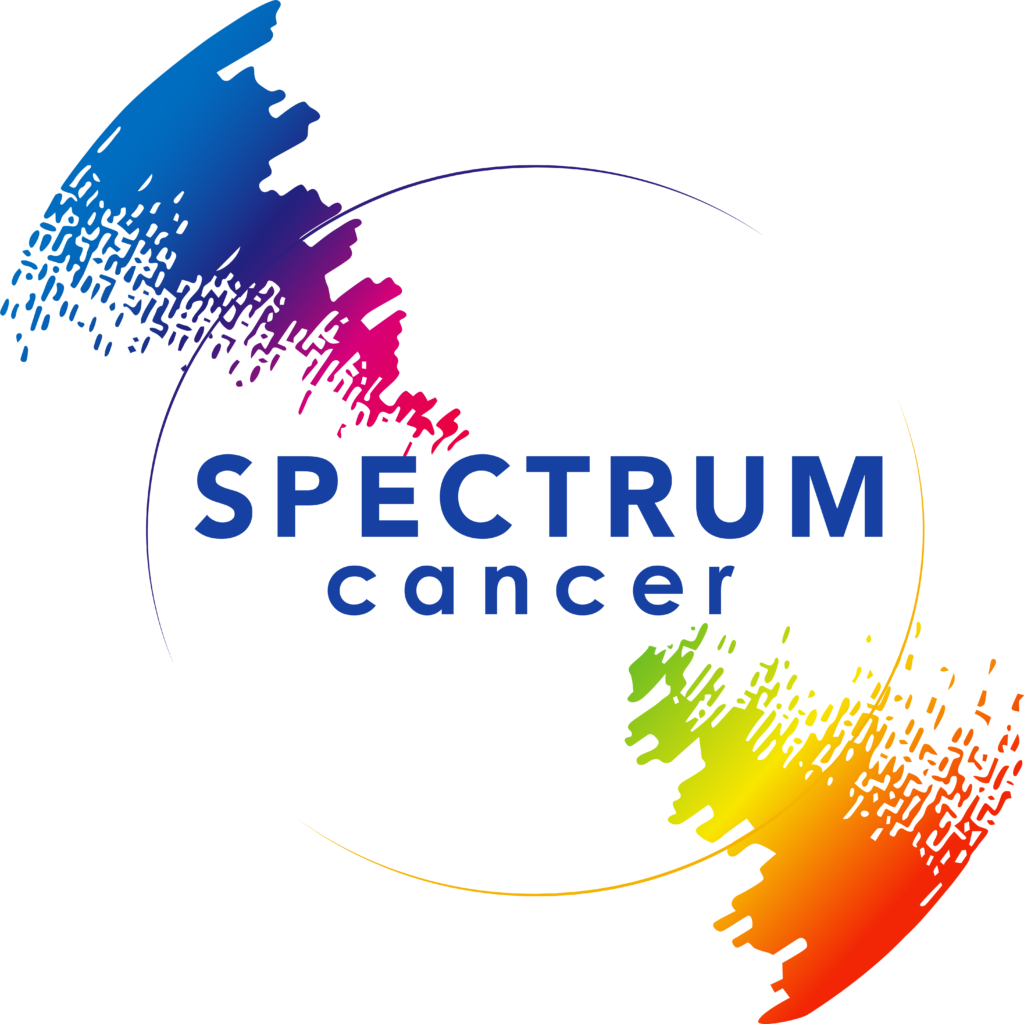Author(s): Kyle Doherty
Fact checked by: Megan Hollasch
A novel prompt or “nudge” in the electronic health records (EHRs) of older patients with early-stage breast cancer could reduce the rate of overtreatment, according to findings from an observational, nonrandomized study (NCT06006910) published in JAMA Surgery.1
Results from the study demonstrated that patients who were treated during the intervention period of after nudge deployment (n = 193) underwent sentinel lymph node biopsy at a rate of 23.8% compared with 46.9% among patients treated in the control period of before nudge deployment (n = 194). The unadjusted rate of sentinel lymph node biopsy decreased by 23.1% (95% CI, –32.9% to –13.8%) in the intervention period compared with the control period (adjusted OR, 0.35; 95% CI, 0.23-0.55; P < .001). Additionally, an interrupted time series model showed a significant reduction in the rate of sentinel lymph node biopsy following the deployment of the intervention (adjusted OR, 0.26; 95% CI, 0.07-0.90; P = .03).
“In breast cancer, there is a growing movement toward precisely treating each individual patient, what we call right-sized care,” Priscilla F. McAuliffe, MD, PhD, a breast surgical oncologist at UPMC Hillman Cancer Center as well as an assistant professor of surgery at the University of Pittsburgh School of Medicine in Pennsylvania, said in a news release.2 “Sentinel lymph node biopsy helps us determine if breast cancer has spread to the underarm lymph nodes, but it’s not necessary for every patient. The simple, user-friendly nudge provides a timely reminder to surgeons to consider the value of sentinel lymph node biopsy for each patient.”
The hybrid type 1 effectiveness-implementation study evaluated the effectiveness, feasibility, acceptability, and appropriateness of the EHR-based nudge intervention to reduce the rate of low-value sentinel lymph node biopsy. The study was conducted at 8 surgical oncology clinics at a single integrated health care system from October 2021 to October 2023.1
The pre-intervention control period spanned October 2021 through October 2022 and the intervention nudge period lasted from October 2022 through October 2023. The nudge intervention was a new column in the EHR schedule view that identified eligible patients at their first outpatient surgical consultation based on the patient’s age, diagnosis code of ER-positive breast cancer, and new breast cancer visit. The intervention displayed a caution icon and a text box reminding surgeons to consider omission of sentinel lymph node biopsy following a review of core biopsy pathology and ultrasonographic imaging.
Eligible patients had a new consultative encounter with a breast surgical oncologist and were at least 70 years old with a new diagnosis of hormone receptor-positive/HER2-negative, cN0, early-stage breast cancer. All patients underwent a physical examination, mammogram, and breast and axillary ultrasonography. Those with tumors that were deemed ipsilateral recurrences were excluded. The primary outcome of the study was change in the rate of sentinel lymph node biopsy in the intervention period among all eligible patient encounters.
At baseline, the median age in both the control and intervention arm was 75 years (IQR, 72-79). Most patients in the control vs intervention arm were White (94.3% vs 92.7%), had grade II tumors (78.9% vs 77.2%), had clinical stage T1 disease (84.0% vs 89.1%), underwent breast conservation surgery (89.7% vs 95.9%), and their outpatient clinic was located in the community setting (69.1% vs 67.4%), respectively.
Additional findings from the study revealed that the rate of sentinel lymph node biopsy continued to decrease after the conclusion of the intervention, with a 6-month mean rate of 15.6% among all patients. The rates of pathological node positivity were 15.2% during the intervention period vs 8.8% during the control period. The rates of patients who experienced symptoms deemed worthy of a referral for lymphedema evaluation were 3.6% vs 6.2%, respectively.
“Patients who undergo sentinel lymph node biopsy are at risk of developing a serious complication called lymphedema, a permanent but treatable swelling of the arm or breast that can greatly impact quality of life,” Neil Carleton, the study’s first author and a graduate student in Pitt’s Medical Scientist Training Program, said in the news release.2 “As patients get older, they also have more challenges recovering from surgery and anesthesia, so if a patient isn’t likely to benefit from sentinel lymph node biopsy, we want to avoid it whenever possible.”
“Our findings suggest that fewer lymph node surgeries resulting from the nudge will help reduce rates of lymphedema, but we need longer follow-up to be certain because this condition can take several years to appear,” he added in conclusion.
References
- Carleton N, Radomski TR, Li D, et al. Electronic health record-based nudge intervention and axillary surgery in older women with breast cancer: A nonrandomized controlled trial. JAMA Surg. Published online July 17, 2024. doi:10.1001/jamasurg.2024.2407
- Electronic prompt for surgeons may reduce breast cancer overtreatment. News release. University of Pittsburgh Health Sciences. July 17, 2024. Accessed July 22, 2024. https://www.health.pitt.edu/news/electronic-prompt-surgeons-may-reduce-breast-cancer-overtreatment

